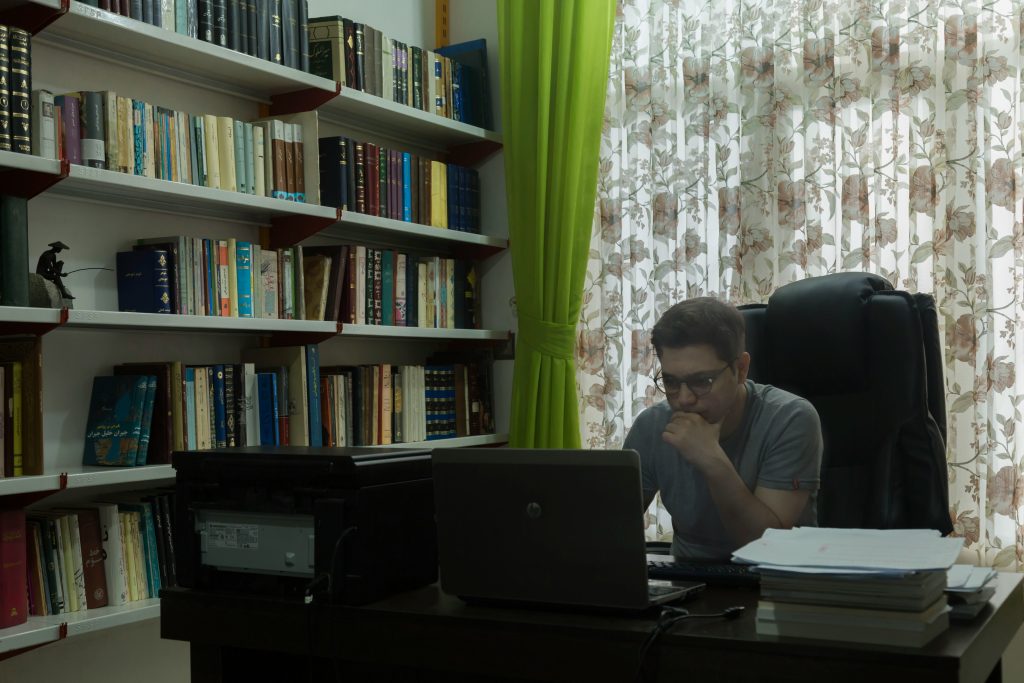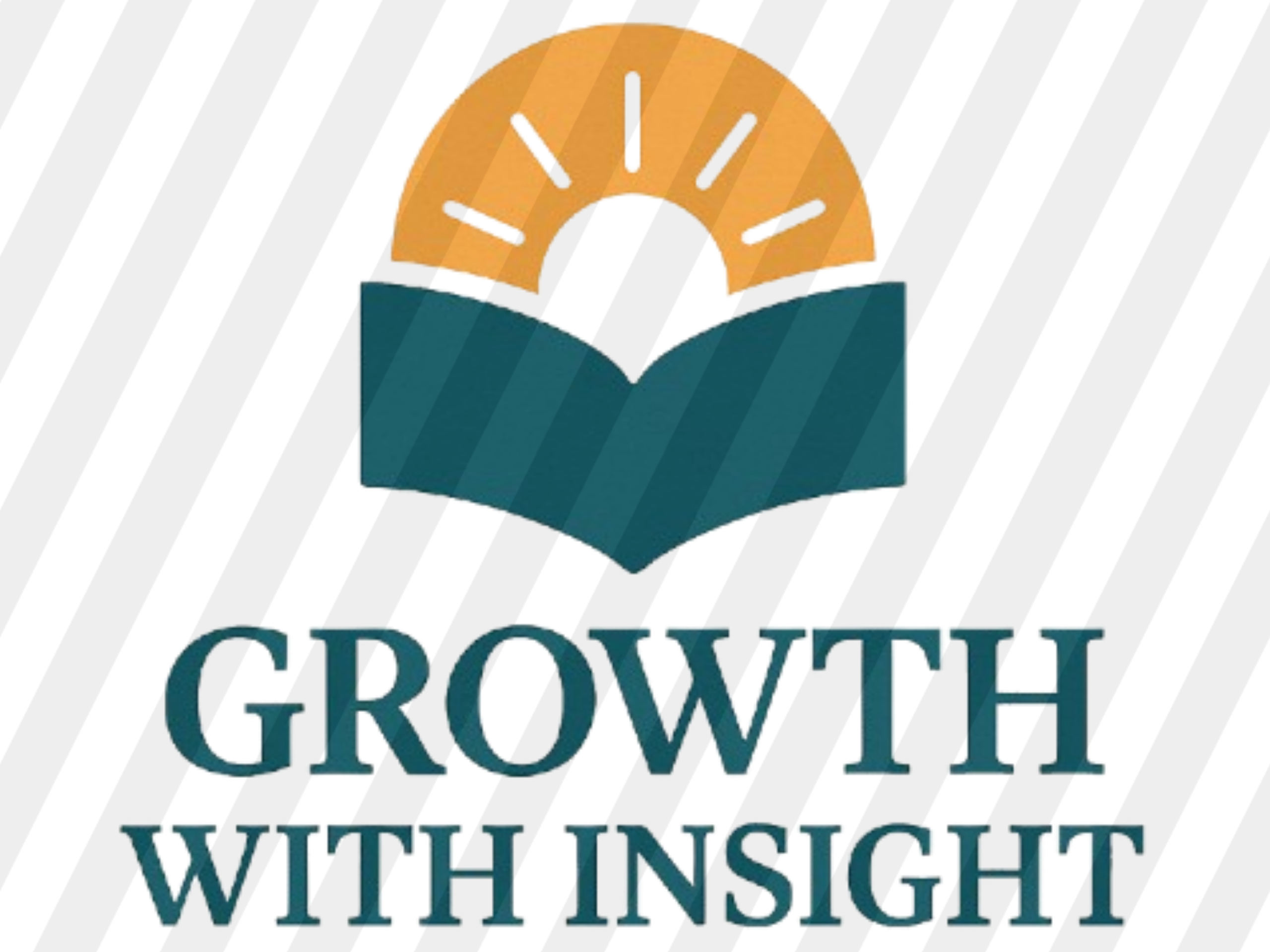
Why do Unfinished tasks steal your focus? The Zeigarnik Effect
Have you ever felt so uncomfortable because of some pending tasks you haven’t attended to? For example, a pending report needed by your boss, or an assignment that you know is going to better your grades, or pending home chores. This whole psychological uncormfy senario is referred to as the Zeigarnik effect.
Table Of Content
In this article, we are going to examine Zeigarnik’s effect in detail, with case studies. We are also going to examine the ways we can utilize it to our advantage to boost productivity.
What is the Zeigarnik Effect?
The Zeigarnik effect evolves around the brain tending to focus more on unfinished tasks than accomplished tasks.
Bluma Zeigarnik, a soviet psychologist, conducted a simple experiment in the 1920s. She used a set of waiters and waitresses as subjects. We know their main tasks are serving and collecting payments. She realized that these employees remembered the unpaid dishes more clearly than the ones they have served. Hence the Zeigarnik effect.
Lessons from the study
According to Zeigarnik’s research, our minds tend to focus more on unfinished tasks than finished tasks. This causes a tendency of mental fatigue as the brain doesn’t like unfinished tasks, so it will keep reminding us. Since focus is a key element in boosting productivity, this effect has a negative effect on our performance. The weight of the task doesn’t matter, if its not yet finished, the mind will always treat it as a priority.
Effects of the Zeigarnik Phenomenon
The unfinished task in our mind causes a certain sense of guilt, since the mind still processes it as an ongoing task. This in return diminishes our focus by diverting our attention and and causing a sort of mental pressure. This makes it hard to focus on new tasks hence a decline in productivity.
The effects show up in different ways. For example;
- You may find it hard to sleep at night due to the racing thoughts through your mind since the task is still considered active.
- It has a direct effect on your mood due to the stress associated with it.
- Your concentration levels and decision-making levels may hit a decline as the mind can’t full explore possibilities since it still has an open loop that has not been attended to.
Real Life Examples
1. You already run a blog and have a content schedule in place. Let’s say you are supposed to start writing articles from 7:00pm to 9:00pm. The time reaches you start for a few minutes, then distracted. Your mind will treat the task as still active as long as you have not completed it yet.
2. You add a simple workout session to your next day morning routine. When the morning comes, you skip. This situation, however small it seem, can have a great impact on your rest of the day. Since the loop is still active, this can make you feel less accomplished and uncomfortable for the rest of the day.
3. You want to prepare for an exam in the coming few weeks. Then you lay out a study schedule with topics to cover in each study session to make you fit for the papers. When the time comes, you skip. This causes mental tension, as long as the topics ain’t covered which, causes an overall decline in focus. Hence, under productivity.
4. You are a vacist and looking for university scholarships. Then you know you have to go through a lot of online scholarship schemes to find the one best for you. Then, instead of doing so, you are too lazy to look for them. The mind still recognizes this as an ongoing task. This causes frustration and pressure as the time runs out.
The above are four case studies related to Zeigarnik’s Effect, and now we end up losing focus.
How to Use Zeigarnik’s effect to your advantage and boost productivity
On the greater side of things, after realising how big of an impact this can have on our development, we can rewire it to our advantage. These are some of the tactics we can apply.

One step is better than none
As most of know, the hardest part about a task is starting. But when we start, we are more likely to finish it up. To rewire Zeigarnik’s effect to our advantage, we must be willing to start small. For example, instead of not working out at all, you can decide to do a few reps.
Small Milestones Big Goal
Sometimes, our minds deviate because the task at hand seems too big. But when we break it down into smaller, manageable portions, we get motivated to achieve: a concept on Goldilocks’ Rule about staying motivated in life and work.
The Art of Journaling
When the mental clutter increases, it is best to write our thoughts down. This helps improve mental clarity in return a peace of mind since the brain doesn’t have to keep thinking about them through the day as it knows you have where to access them from. Choose a journaling model that meets your journaling needs and personal goals.
One task at a time
Ensure you do not jump from one task to another without finishing the first one. This stops you from having many open mental loops that feast on your productivity. Instead, finish the task at hand before starting another one.
Conclusion
Focus is a key pillar in productivity, and when not attended to, we can see a decline in overall performance: physical and mental. The Zeigarnik effect proves to hijack this from us if not attended to. In this article, we have discussed the concept in detail from the way it shows up to the way we can utilize it to our advantage. In return, we tend to be more productive, creative and focused. Is there a time Zeignarnik’s effect has affected you? Share with us in the comment section below





No Comment! Be the first one.